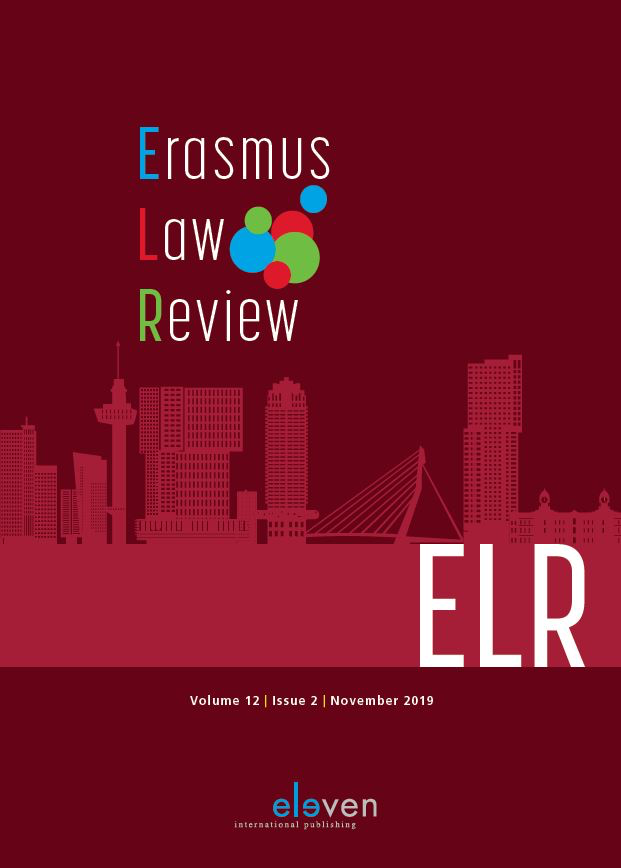|
The steady reliance on algorithmic and artificial intelligence (AI) systems within judicial proceedings poses several risks to fundamental rights, including the judicial duty to state reasons. The judicial duty to state reasons refers to the obligation of judges to provide reasons whenever they rule in a case. Although this duty constitutes an essential component for the rule of law and the right to a fair trial, and pursues important normative goals, it has not been studied much – let alone in the age of automation. Through the analysis of the case study of generative AI systems assisting judges in their legal drafting, this article aims to explore how and to what extent such systems can affect the judicial duty to state reasons. To this end, the article focuses on the impact of generative AI systems on one of the underlying normative values of this duty, notably the legitimacy of judicial decision-making. The assessment shows that while generative AI systems can strengthen the legitimacy of judicial decision-making and thereby the judicial duty to state reasons, they simultaneously impede it in various ways. The article therefore briefly reflects on possible avenues to uphold the judicial duty to state reasons in the age of automation. It highlights the importance of AI literacy and explores the potential of enhanced transparency, accountability and legitimacy through a more robust duty to state reasons, while also acknowledging the limits of such approaches. |


Erasmus Law Review
About this journalSubscribe to the email alerts for this journal here to receive notifications when a new issue is at your disposal.
Issue 3, 2024
Expand all abstracts
| Article |
|
| Keywords | judicial duty to state reasons, algorithmic and generative AI systems in courts, fair trial, legitimacy of judicial decision-making, judicial decision support systems |
| Authors | Victoria Hendrickx |
| AbstractAuthor's information |

 Issue 3 (incomplete)
Issue 3 (incomplete)